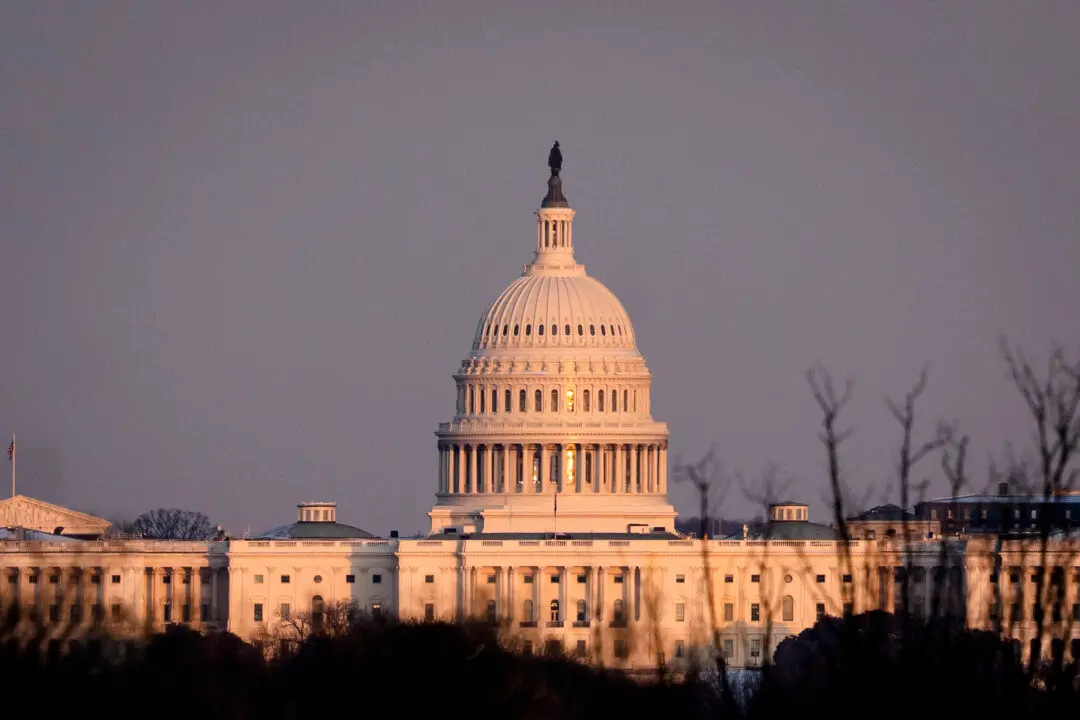U.S. House Minority Leader Kevin McCarthy (R-Calif.) vowed at the America First Agenda summit in Washington on July 26 that Republicans would seek to end the practice of proxy voting “on the very first day” if the GOP takes back the House majority in the midterm elections.
The House had approved a measure at the beginning of the COVID-19 pandemic in May 2020 that allowed lawmakers to cast votes remotely through another colleague so that they didn’t have to physically be inside the chamber. It marked the first time that Congress members have been allowed to cast votes without being present.





